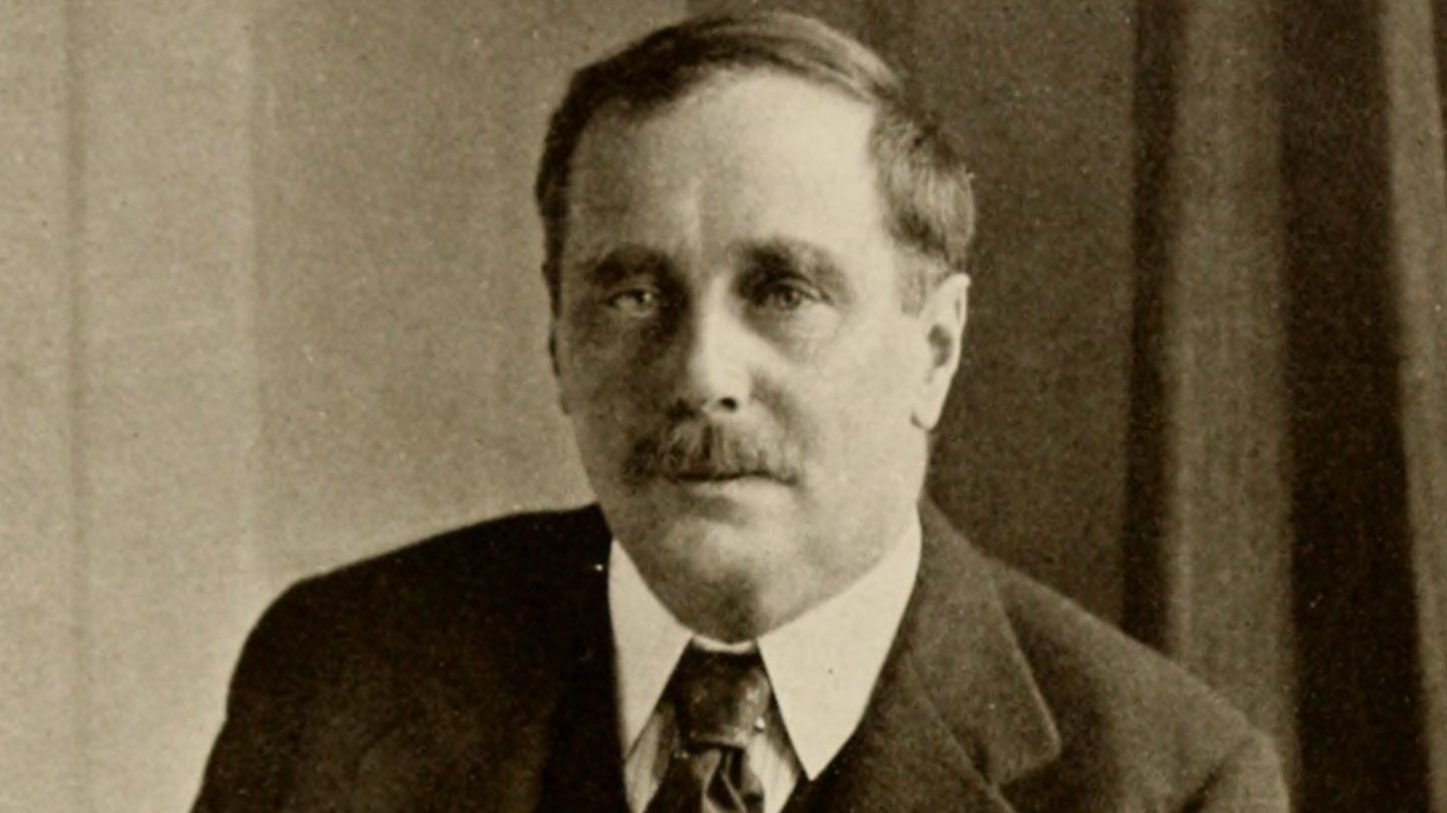
(Simple working notes)
Karl Polanyi wrote several texts about H. G. Wells, notably in Vienna in the Journal of Hungarian in Vienna [Bécsi Magyar Újsag]1 :
| Original Name | Translated Name | Date |
| “H. G. Wells az eretnek fáraókról”* | H.G. Wells, from the Heretics pharaohs | 1922 |
| “Uj Macchiavelli, Kipps és Tono-Bungay” | The new Machiavelli, Kipps and Tono-Bungay | 1922 |
| “Kiket tart H.G. Wells a világtörténelem legnagzobb olakjinak?”* | 1922 | |
| “H.G. Wells, a szocialista” | H. G. Wells, the Socialist | July 1922 |
| “Polly bácsi”2 | Uncle Polly | 15 December 1922 |
| “H.G. Wells, a civilizáció megmentéséről” | H.G. Wells sur le sauvetage de la civilisation | 21 October 1923 |
Two articles have never been translated into Hungarian (those with an asterisk). The three others have been translated only in 2016 in the Hungarian Writings by Gareth Dale and Adam Fabry.
He evokes also Wells once in „Ist Sozialismus eine Weltanschauung?“, that probably dates back to 1920-1922.
All this short texts se situent, so, few times after the publication of Wells’ The Outline of History [1920] and we can think that this texts inspired to Polanyi his reading of History, and notably the idea that Jesus appeared in a precise time, as he writes in “The Resurrection of Jesus”; Gareth and Adam Fabry rattachent this reference to the “Axial Age” (Achsenzeit, of Karl Jaspers. But the German evokes this concept only in 1949 ! Was he himself inspired by Wells or by Eduard Schuré’s3 book, the Great Initiated [1889] ? I don’t know. From 1936 onwards, Polanyi seems to be inspired by Arnold C. Toynbee, but was he also inspired by Wells? I have not yet explored this either.
In his 1923 article, “The Resurrection of Jesus”, he comments the Wells’ 1921 essay, The Salvaging of Civilization.
In “H. G. Wells, the Socialist”, he tries to show the political purpose behind the socialist author’s dystopias.
Notes
- As a pledge of allegiance to Fabian Society? The director of this journal, which lasted three years, is the freemason and Czech nationalist Eduard Beneš… ↩︎
- Il s’agit plus d’une analogie entre des faits économico-politiques survenus en 1920 en France et en Angleterre et le roman de Wells Mr. Polly, que d’un texte sur Wells proprement dit. Il atteste cependant d’une connaissance de ce roman par Polanyi. ↩︎
- Friend of Rudolf Steiner and author of the Children of Lucifer. ↩︎